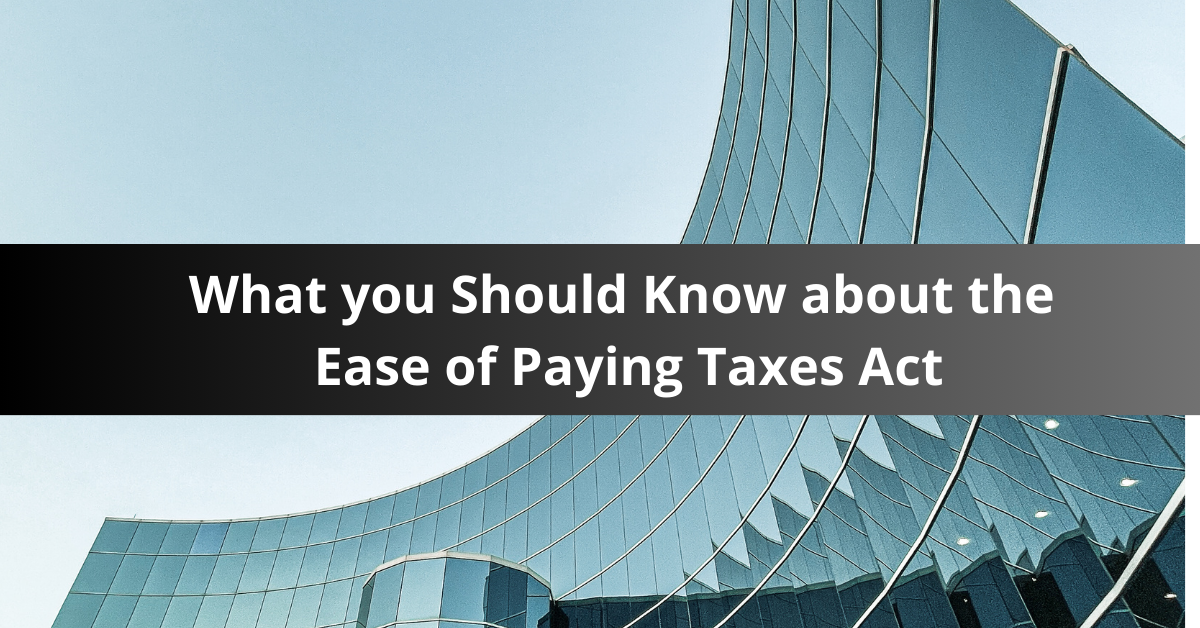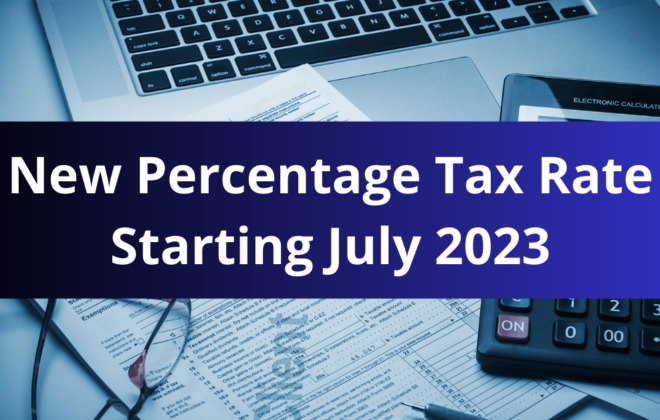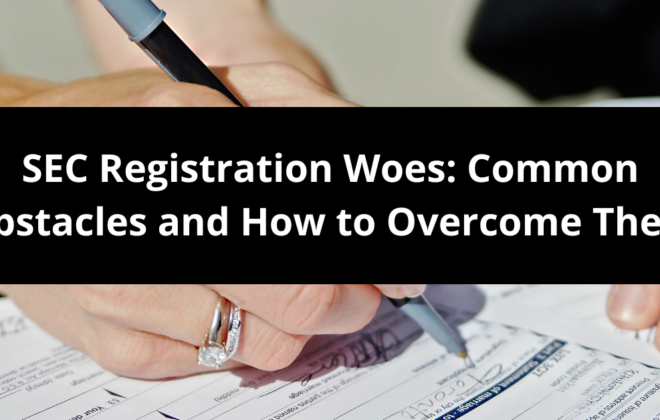What you Should Know about the Ease of Paying Taxes Act
Tax compliance can be quite a challenge for both individuals and businesses. The process is often difficult due to complex forms, long queues at RDOs and confusing regulations. Gladly, Republic Act No. (RA) 11976 or the Ease of Paying Taxes Act (EOPT) signed by President last January 5 and was effective last January 22. The law aims to modernize the Philippine tax administration and system and strengthen taxpayer rights.
Here’s the highlights and the changes that you can expect from RA 11976.
1. Taxpayers’ Categories
Classification of taxpayers into micro, small, medium, and large based on their gross sales. This helps create a tax system tailored to the needs of each segment.
2. Flexible Filing and Payment
Taxes will be paid and filed EITHER electronically or manually to any RDO, authorized bank or software provider. This means that taxpayers can now file tax returns and make the necessary tax payments in any accredited payment channels and in any BIR RDO other than the RDO where they are registered.
3. No more Annual Registration Fee
The BIR will cease collecting the Annual Registration Fee from business taxpayers. Business taxpayers are now exempt from filing BIR Form 0605 and paying the Php 500 Annual Registration Fee every year.
4. Consistent Documentation
Uniform use of the sales invoice for sales of goods and services for the purpose of VAT compliance and claiming of input tax credit.
Mandatory issuance of receipts for each sale and transfer of goods and services has increased from PHP 100 to PHP 500.
5. Faster Resolution of Refund Claims
The Bureau of Internal Revenue (BIR) should process general tax refund claims for erroneously or illegally collected taxes within 180 days. The affected taxpayer may appeal the inaction to the Court of Tax Appeals (CTA) after the 180-day period has expired.
6. “Business style” as a VAT invoicing requirement
“Business style” will now be removed as a requirement for VAT invoicing and registration
7. VAT Refund
VAT refunds now come in low, medium, and high-risk categories depending on the amount, compliance history and frequency of filing. In addition, there is an invoicing system in play that will speed up VAT refunds.
Conclusion
The EOPT Act is not just about making the tax process simpler for taxpayers. It aims to make tax compliance easier for micro and small businesses. After all a more efficient tax administration also means better tax collection for the country.
If you have concerns regarding the new law or any taxation-related questions, book a consultation with one of our accountants. Our team at DJKA Business Services is ready to assist you with all your accounting, bookkeeping and tax compliance needs.
Note: BIR is yet to issue the implementing rules and regulations for the EOPT Act.
Recent Posts
- New Features and Functionalities of the Online Registration and Update System (ORUS)
- A Comprehensive Guide to Taxation for Freelancers in the Philippines
- New Tax Laws in 2024: What Changes Filipino Taxpayers Should Prepare For
- How to Avoid Common Tax Mistakes in 2024
- Tax Deductions and Benefits Often Overlooked by Filipino Taxpayers





